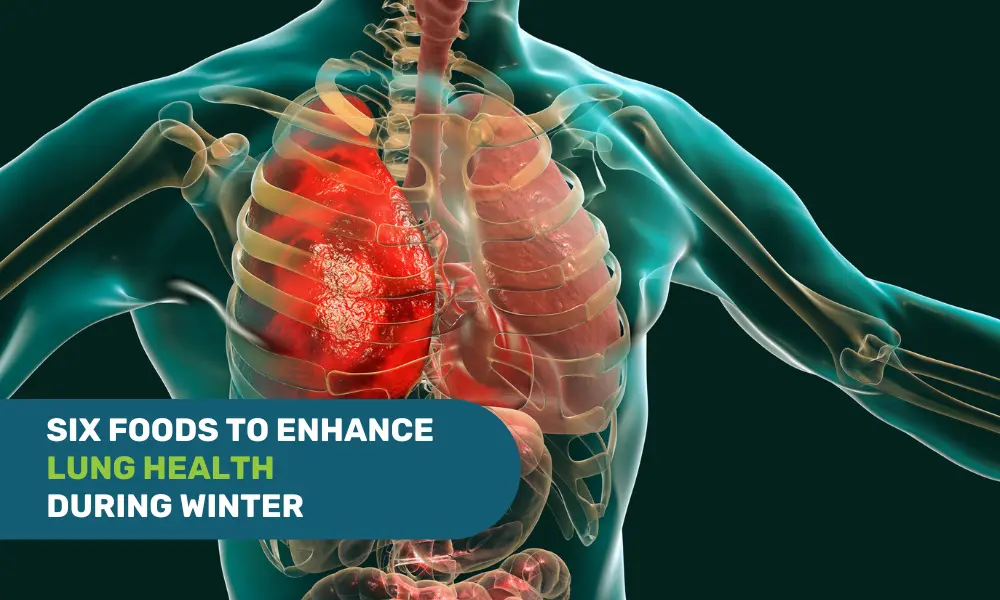A recent study suggests that while it may take some time for COVID patients who are taken off ventilators to regain consciousness, this is not necessarily a bad omen.
As a patient begins to recover, the body may attempt to protect the brain from oxygen deprivation. The researchers recommended that doctors consider these prolonged recovery times when determining a patient’s prognosis.
Dr. Nicholas Schiff, co-director of the Consortium for the Advanced Study of Brain Injury at Weill Cornell Medicine in New York City and a study co-senior author, noted that the delayed recoveries in COVID-19 patients are very much like the rare cases we’ve documented in previous research.
According to a Weill Cornell news release, “In this new paper, we describe a mechanism to explain what we’re seeing in both types of patients.” These delays were first noted by Schiff and his colleagues in comatose cardiac arrest patients more than ten years ago. These patients underwent cooling therapy to lessen brain damage brought on by a blood flow interruption. After 37 days, one patient who was 71 years old awoke, but she later made a nearly complete recovery.
When taking COVID-19 patients off ventilators, delayed awakenings were observed comparatively by Schiff, a neurologist at New York-Presbyterian/Weill Cornell Medical Center.
A quarter of patients who were taken out of ventilators successfully required ten days or more to regain consciousness. They would have needed more oxygen if they had been on the ventilator for an extended time.
Animals that can survive for days or weeks without oxygen provide evidence that the patients’ brains may be defending themselves during these times.
Schiff noted that painted turtles, which can go without oxygen for up to five months under the ice in the winter, experience this. They accomplish this by turning on the same inhibitory system in the brain that anesthetics target.
Dr. Emery Brown, a co-author of the study and a professor of anesthesia at Harvard Medical School, said, “These observations may offer new insights into the mechanisms of how certain anesthetics produce unconsciousness, as well as new approaches for ICU sedation and for fostering recovery from disorders of consciousness.”
Patients who fail to regain consciousness for a prolonged period frequently receive a recommendation from doctors to remove life support. For patients with heart disease, that is usually limited to 14 days or less. For COVID-19 patients, there are no recommendations.
According to the researchers, doctors should refrain from making unfavorable predictions about their patient’s chances of recovery as long as they do not have brain injuries.



